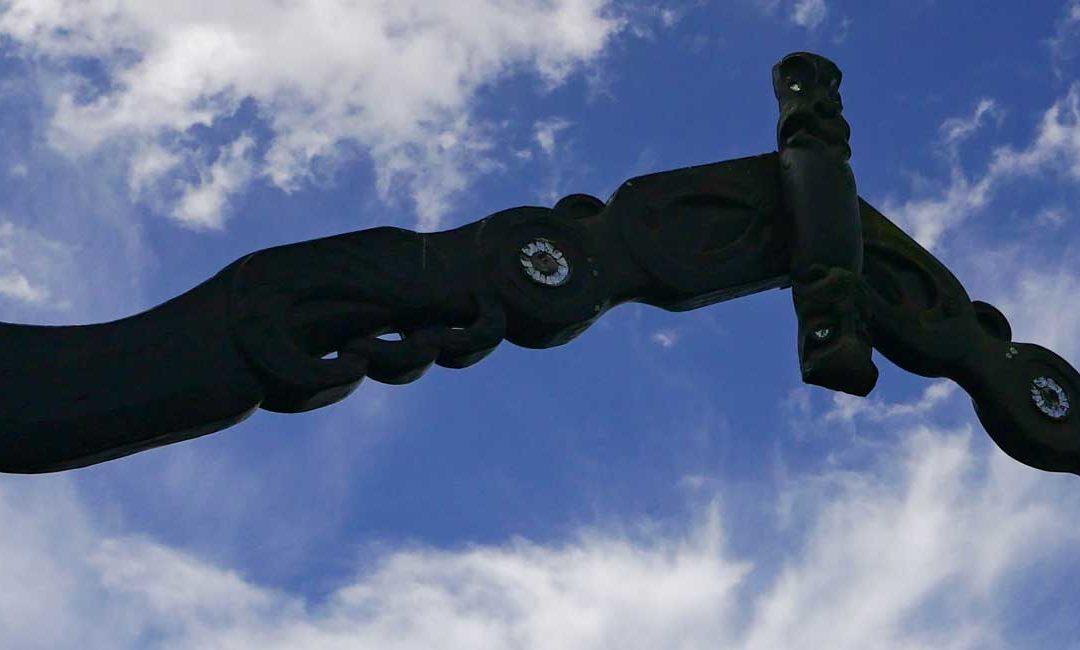By Martin Kaipo
Since British colonisation and the signing of the Treaty of Waitagi in 1840, Māori have consistently endured social disparities which have disadvantaged whānau (family, extended family) hapū (sub-tribe) and iwi (tribe) and their aspirations to achieve wellness.
This exegesis will critically examine the history of care-practice of Maori youth and whanau in Aotearoa New Zealand demonstrating that Maori remain underprivileged. This analysis will hifhlight the State’s failure to incorporate Kaupapa Māori (Māori ideology) into mainstream policy despite the recommendations in the 1988 Puao-te-ata-tu – The Report of the Ministerial Advisory Committee on a Maori [sic] perspective for the Department of Social Welfare, headed by the late John Te Rangianiwaniwa Rangihau. Furthermore, this exegesis will present a case-study of a successful Maori community service provider that operates from a Kaupapa Māori philosophical base and is therefore consistent not only with whānau , hapū and iwi aspirations of family wellness, but consistent with the recommendations in Puao-te-ata-tu.
Read the full exegesis here.

